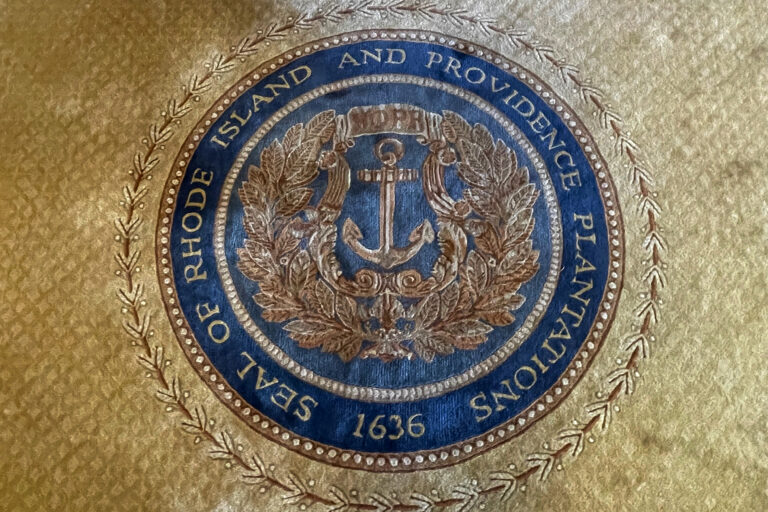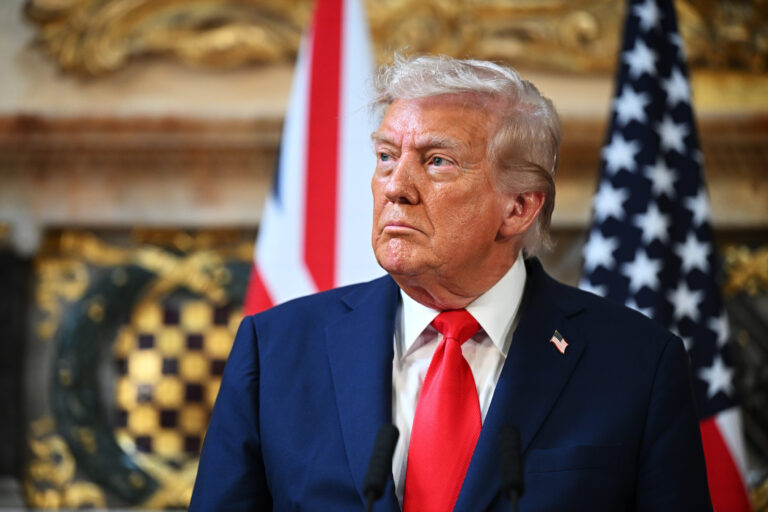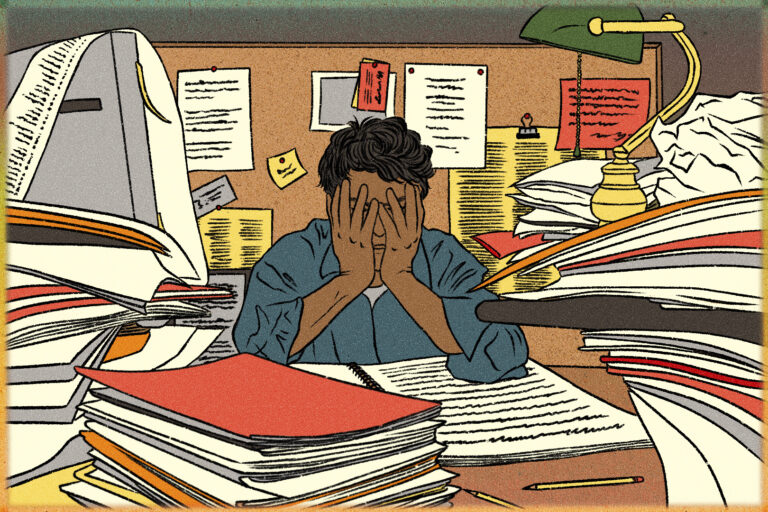
Israel’s ambassador to the United Nations in a statement shared with Newsweek has condemned French President Emmanuel Macron‘s decision to recognize Palestinian statehood.
“Neither international conferences disconnected from reality nor unilateral statements at the UN will lead to peace,” Israeli Permanent Representative to the U.N. Danny Danon said in a statement shared with Newsweek. “Macron’s decision to recognize a Palestinian state after the massacre of October 7 and precisely at a time when Hamas is still holding hostages is a disgraceful reward for terrorism.”
“Anyone who ignores the reality on the ground—that Israel has no partner for peace — harms not only Israel but the stability of the entire region,” he added.
Macron announced in a statement earlier Thursday that “France will recognize the State of Palestine,” a move he said was “consistent” with his country’s “historic commitment to a just and lasting peace in the Middle East.”
The French leader went on to call for an “urgent end to the war” as well as greater humanitarian assistance for the people of Gaza.

CHRISTOPHE ENA/Pool/AFP/Getty Images
Why This Matters
Macron’s decision comes amid a wave of nations moving to recognize Palestinian statehood, bringing the number closer to the number of nations recognizing Israel over the course of the war in Gaza, which began when the Palestinian Hamas movement launched a surprise attack against Israel on October 7, 2023.
Of the 193 U.N. member states, approximately 147 currently recognize the State of Palestine, which was granted non-member observer status at the U.N. in 2012. Israel, which is a full member of the U.N., is currently recognized by 165 U.N. member states.
The vast majority of the international community recognizes both Israeli and Palestinian statehood.
France is also one of a number of European nations to demand an immediate ceasefire to Israel’s offensive in Gaza. The latest move has the potential to add to international pressure on Israel as it vows to continue its war efforts until Hamas is defeated and all of the remaining hostages are released.
Both Israel and the United States have repeatedly rejected the prospect of recognizing Palestinian statehood unless a comprehensive peace agreement is reached between the two peoples.
What to Know
Around 1,200 people, the majority of them civilians, were killed during Hamas’ initial attack, according to Israeli officials. An additional 251 were taken hostage by Hamas, 50 of whom are still believed to be in the group’s captivity.
Throughout the course of the conflict, more than 59,500 people have been killed in Gaza, according to the Hamas-led Palestinian Health Ministry, which does not distinguish between combatants and non-combatants, though most of those killed are said to be among women, children, and the elderly.
Thousands more have been killed in Lebanon, the West Bank, Syria and Iran as the conflict spread throughout the region. The Israel Defense Forces (IDF) has counted 451 killed among its ranks since ground operations began in Gaza.
Successive rounds of ceasefire talks have been held in the Qatari capital of Doha, with the U.S. serving as a mediator.
Prior to Macron’s announcement on Thursday, President Donald Trump‘s special envoy for the Middle East, Steve Witkoff, stated that he was pulling the U.S. delegation out of the talks, arguing that Hamas “clearly shows a lack of desire to reach a ceasefire in Gaza.”
Hamas said it was “surprised” by Witkoff’s move in a statement, “especially after mediators have welcomed and expressed satisfaction with this constructive and positive stance, which paves the way for a comprehensive agreement,” in a statement issued by the group.
“Hamas reiterates its dedication to complete the negotiations and engage in a manner that overcomes obstacles and achieves a permanent ceasefire agreement,” the group said.
Hamas does not represent the Palestinian delegation to the U.N., which is instead overseen by the Palestinian National Authority (PA), a rival government led by President Mahmoud Abbas and based in the West Bank.
What People Are Saying
French President Emmanuel Macron, in a statement Thursday, said, “Peace is possible. We need an immediate ceasefire, the release of all hostages, and massive humanitarian aid for the people of Gaza. We must also ensure the demilitarization of Hamas, secure and rebuild Gaza. And finally, we must build the State of Palestine, guarantee its viability, and ensure that by accepting its demilitarization and fully recognizing Israel, it contributes to the security of all in the region.
“There is no alternative. The French people want peace in the Middle East. It is our responsibility — as French citizens, alongside Israelis, Palestinians, and our European and international partners — to prove that peace is possible.
“In light of the commitments made to me by the President of the Palestinian Authority, I have written to him to express my determination to move forward. Trust, clarity, and resolve. We will achieve peace.”
Israeli Prime Minister Benjamin Netanyahu, in a statement on Thursday, said, “We strongly condemn President Macron’s decision to recognize a Palestinian state next to Tel Aviv in the wake of the October 7 massacre. Such a move rewards terror and risks creating another Iranian proxy, just as Gaza became.
“A Palestinian state in these conditions would be a launch pad to annihilate Israel — not to live in peace beside it. Let’s be clear: the Palestinians do not seek a state alongside Israel; they seek a state instead of Israel.”
What Happens Next
While recognition of Palestinian statehood remains a largely symbolic gesture, France’s move has the potential to foster closer ties between Paris and the PA.
As a major European power and a permanent member of the U.N. Security Council, France’s shift also has the potential to spur further recognition of Palestinian statehood across the continent and beyond.
This is a breaking news story. Updates to follow.




